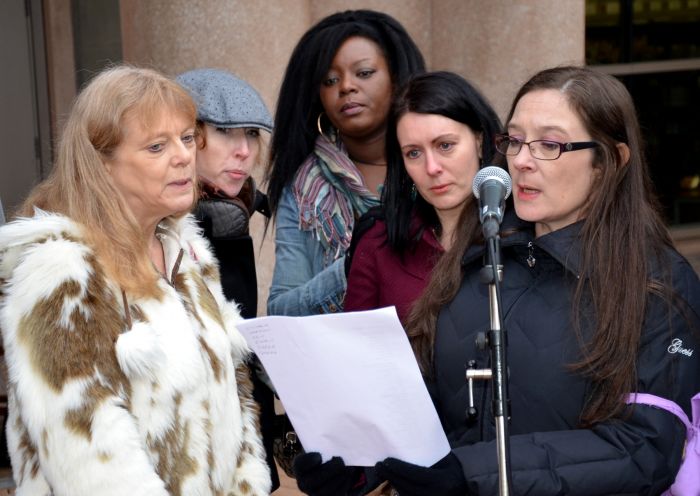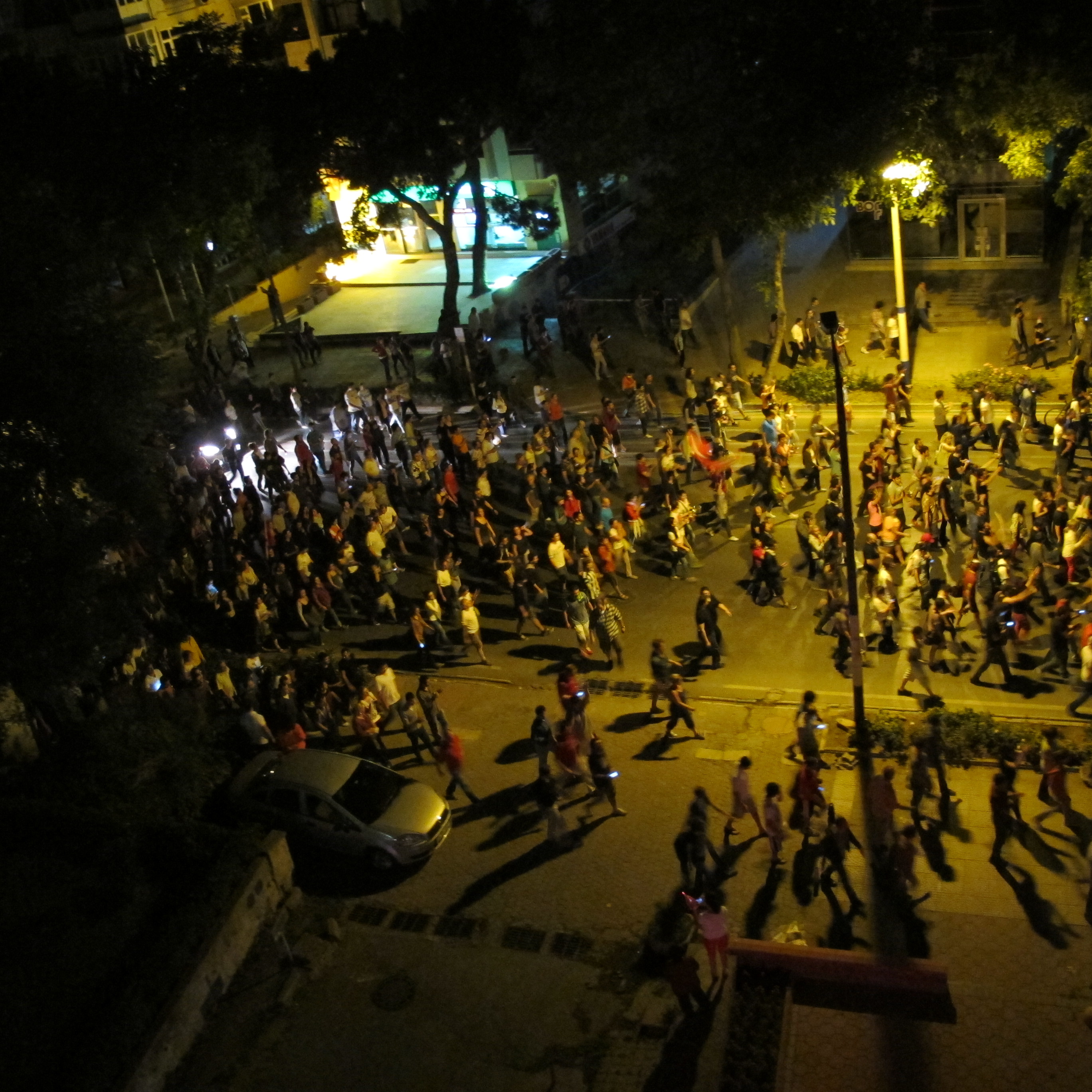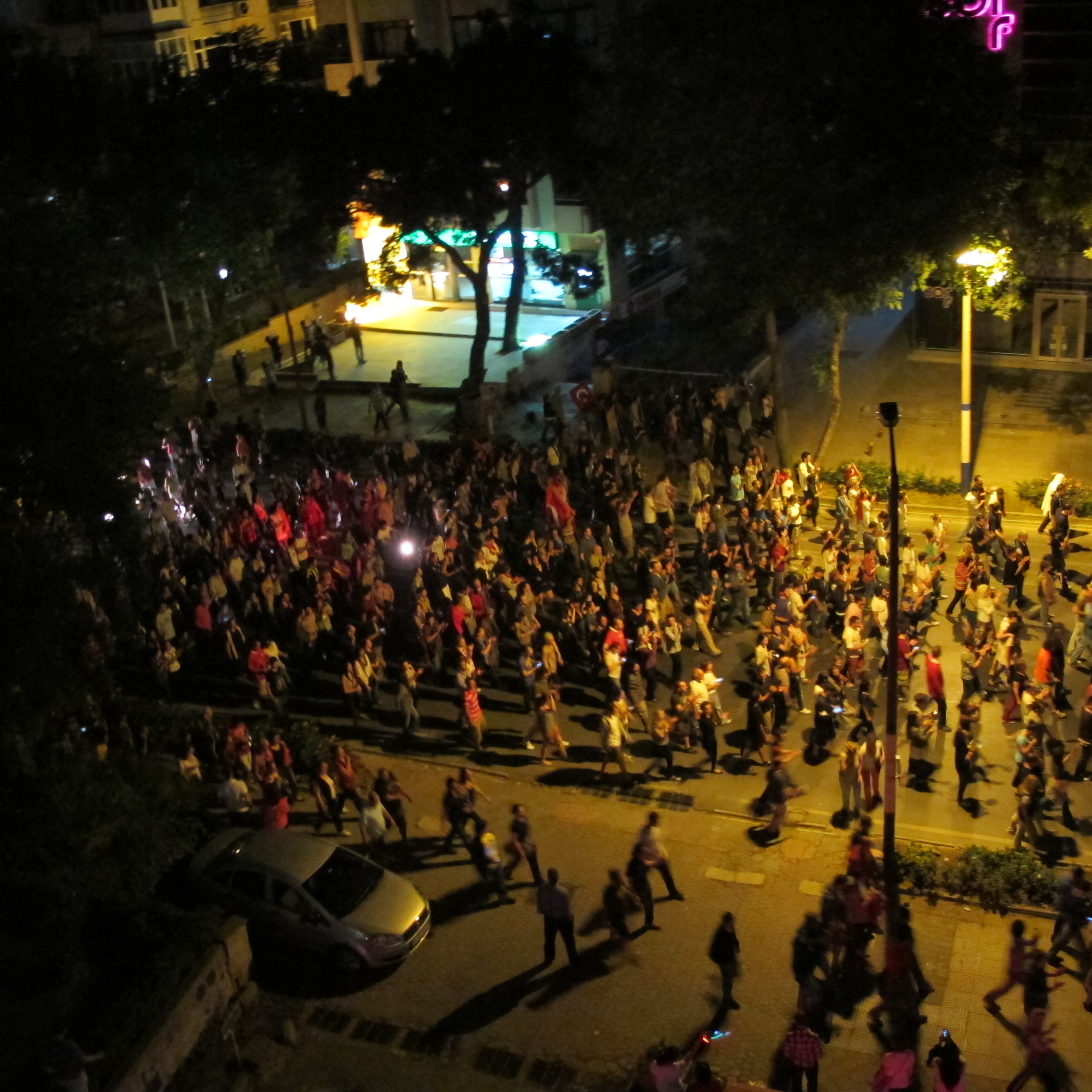
Around the world, the past year has seen astronomical increases in the incidence of domestic violence. According to United Nations Under-Secretary-General and Executive Director of UN Women Phumzile Mlambo-Ngcuka, “Since the outbreak of Covid-19, emerging data and reports have shown that all types of violence against women and girls, particularly domestic violence, has intensified in what we have called the Shadow Pandemic.” While the explosion of violence against women and girls may be a shadow, around the world – from the Americas to Asia and Africa to Europe and beyond – women are refusing to be rendered shadows or specters, are organizing, militating, demonstrating and protesting, and demanding a just and better world. Women are the story. Remember that.
In Turkey, women have always organized against violence against women and girls, femicide, and silence. When women discovered that the Turkish government didn’t think the murder of women important enough to record, they set up their own platform, We Will Stop Femicide. Last summer, when yet another woman was brutally tortured to death, in this instance by her ex-boyfriend, women organized, insisting on justice for Pınar Gültekin, which justice would include contextualizing her death among the large number of women attacked, murdered, intimidated, harassed: “We are here Pınar, we will hold them accountable”. They used every means available, including famously Instagram, asking, “What is happening to women in Turkey? (and what is the Istanbul Convention?)”.
The Istanbul Convention is the Council of Europe Convention on preventing and combating violence against women and domestic violence. Last July, in the midst of rising and intensifying violence against women and girls, in Turkey as elsewhere, Turkey’s President Erdogan began making noises that he wanted to leave the Istanbul Convention, because leaving the one structure that actually addresses violence against women and girls seemed the most reasonable State response, given the Shadow Pandemic.
Friday night, at midnight, the Turkish government issued a decree claiming to withdraw its membership in the Istanbul Convention. While the announcement was “a surprise”, it wasn’t surprising. Recall that last year, in May, Hungary’s Parliament refused to sign the Istanbul Convention, and then, in July, Poland threatened to pull out. While the move was “a surprise”, it wasn’t creative or original or clever. If anything, it was both predictable and trite. Poland passes more and more draconian laws outlawing and criminalizing abortion and reproductive rights more generally, Hungary goes after its LGBTIQ+ communities and individuals, and Turkey promotes violence against women. The pogrom is alive and well in Europe.
While the media largely focuses on the so-called Big Men, the real story here is that of the women of Turkey, mobilizing, organizing, militating as ever. The moment the decree appeared, at midnight, women organized. Individual women and women’s organizations responded immediately. Feminist attorney Hülya Gülbahar was among many who noted, “It is not possible to withdraw from an international convention with a Presidential decree. You withdraw from a convention in the same way you became a party to it. The İstanbul Convention was unanimously approved at the Parliament. We call on the Parliament to reclaim its own will, the people’s will. Parliament to duty, to lay claim to İstanbul Convention”. Canan Güllü, the chair of the Federation of Women’s Associations of Turkey, added, “This is a consequence of the one-man regime. They put women on the table of politics. This means “Rape women, beat women, abuse children.” The next day, in demonstrations across the country, women chanted, “İstanbul Convention saves lives” and “We don’t recognize the one man’s decision”. Others chanted, “We are not scared, we are not afraid. We shall not obey.” One placard said it all, “It is women who will win this war.”
1956, South Africa, in response to State violence, the women chanted, ”Wathint’ abafazi, Strijdom! wathint’ abafazi,wathint’ imbokodo,uza kufa!” “Now you have touched the women you have struck a rock: you have dislodged a boulder: you will be crushed.” 2019, Chile, in response to State violence, the women pointed to the Supreme Court and chanted, “El violador eres tú!” “The rapist is you!” 2021, Turkey, in response to State violence, the women say, “It is women who will win this war!” Women are the center of this center.
(By Dan Moshenberg)
(Photo Credit: Bianet / Evrim Kepenek & Ayşegül Özbek)
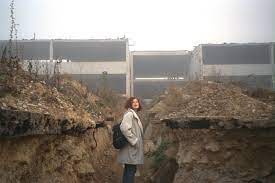
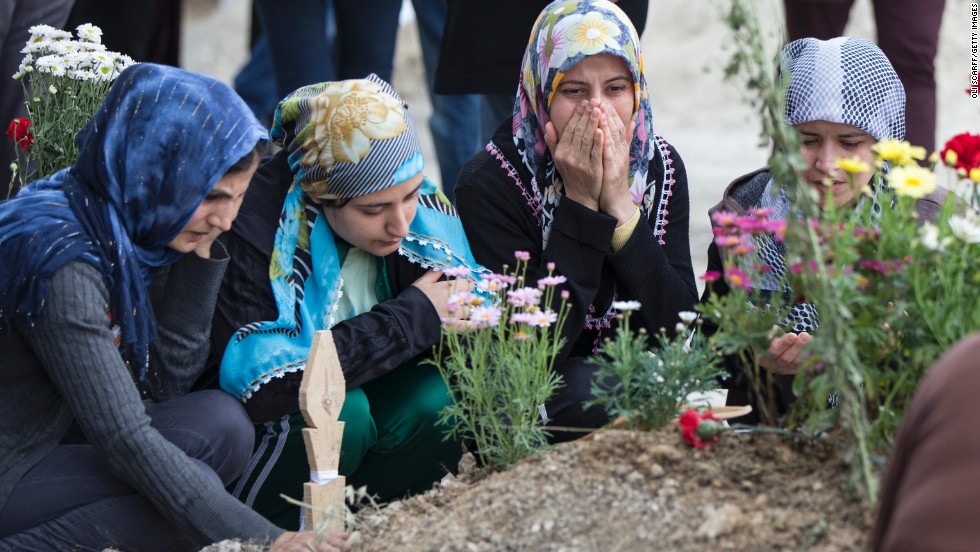


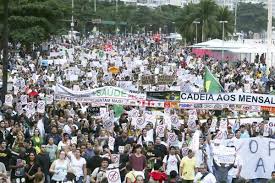
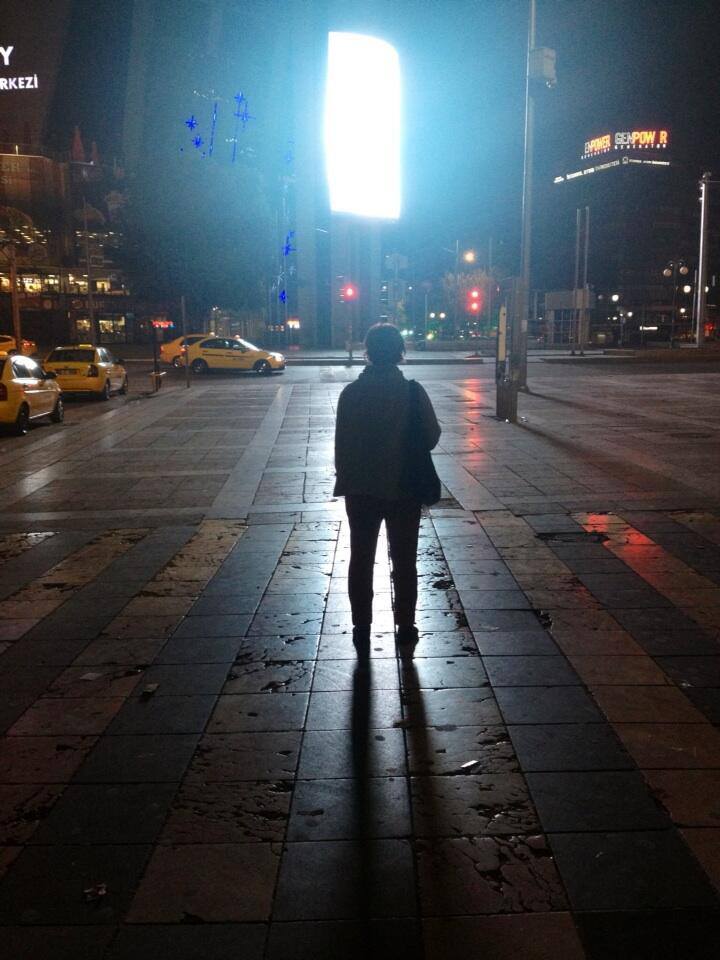.jpg)
